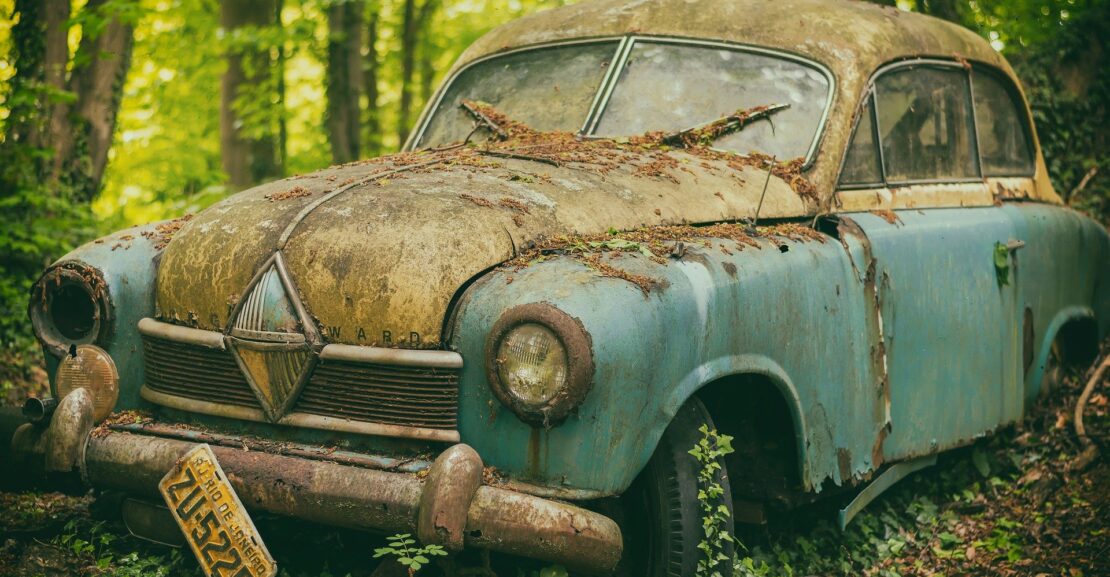What comes to your mind when you hear a classic car restoration project? It comes with a hefty price tag, including the parts, the paint, the right garage (usually a shed that has a bit of a size to it), with the actual labour being a multi-learner’s course in mechanical engineering.
Is that what you’re agreeing with right now? No, right?
A classic car restoration project does entail spending a large amount of money—yes. However, do not be afraid – something to consider is that classic car restoration projects are not only expensive, but if you choose to restore an old car by yourself, it is much less expensive than simply buying the classic car in a store. It is amazing how just how much profit you can earn if you decide to do the classic car restoration work yourself.
Let’s talk about the costs for a bit. Let’s say you want to purchase a nice car – a 1969 Volkswagen Beetle for example. On its own, this car costs around £20,000. If you are an inexperienced mechanic who has to hire a mechanic to do the restoration’s work for you, that would cost you hundreds of pounds, something that could take years or months to pay off. Now let’s take a look at the result of a self-restored Beetle. The value of the car, unrestored, is around £20,000. Once restored and paint a different colour, it could be sold for around £8,000. That is a £12,000 profit.
When you start looking into the costs of restoration, you do find that it is cheaper to restore your own car than buy the car from a shop. The paint job on the original car could cost around £300. The real cost, however, is not the paint job but the labour. People often forget that it is the labour costs which really get them going. A basic car, on average, costs around £300. Payment should only last a couple of months but in reality, is often more, which means you will have to tap into your savings or borrow money, or even worse, rely on credit cards. The labour costs for a new car with labour is about £200 on average – this doesn’t include the paint job.
It is a great alternative to your usual car, and if you are not very good with cars, you can get real-life results. You can learn mechanical systems, diagnostic tools and even with a little time and effort, you can become a fairly decent mechanic. This means you can follow through on your own projects. You no longer have to be reliant on hirelings, something which can be very expensive. All you need is some know-how, some tools and the right product or the product you want to buy, and you can do it all by yourself.

